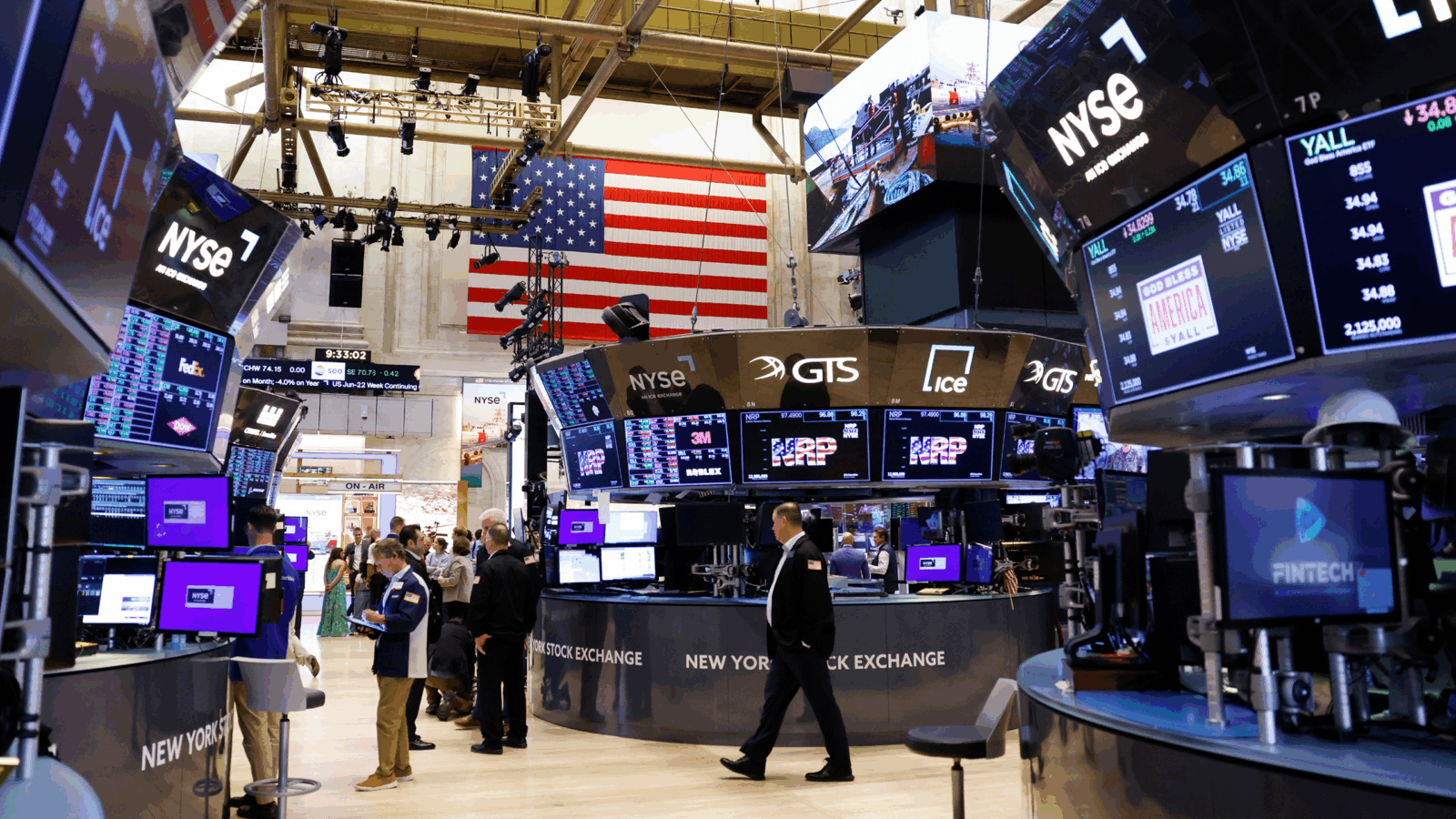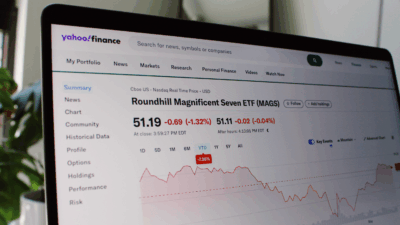The NYSE Wants to Go 22/5 on Its Arca Exchange
The NYSE said Friday that it plans to extend trading hours for equities on its electronic Arca exchange to 22 hours on weekdays.

Sign up for smart news, insights, and analysis on the biggest financial stories of the day.
Wall Street has a lot of people born with silver spoons, but it may soon operate more like an all-night greasy spoon.
The NYSE said Friday that it plans to extend trading hours for equities on its electronic Arca exchange to 22 hours on weekdays, letting hungry retail and international investors buy and sell US-listed assets almost around the clock.
Trading After Bedtime
The NYSE hinted that a move like this was coming back in April, when its data analytics team started surveying market participants for their thoughts on a 24/7 bourse.
The rationale is pretty simple: There’s been a rise in retail investors who aren’t wedded to work shifts like professional traders, as well as demand for greater access to US equities by foreign traders who operate in different time zones. Plus, many major equities already trade nearly around the clock thanks to dual listings, while alternative platforms like Robinhood offer trading for a limited numbers of stocks and ETFs 24 hours a day, five days a week. Cryptocurrency markets, meanwhile, operate 24/7.
The Arca exchange is an ideal testing ground for the NYSE: It already opens earlier and closes later than the main NYSE, with sessions kicking off at 4 a.m. and lasting until 8 p.m. Eastern Time. The NYSE’s regular trading hours are from 9:30 a.m. to 4 p.m. ET. The outcome, pending SEC approval, may be more moderate than earth-shattering:
- While alternative platforms only offer a few dozen stocks for after-hours trading, Arca has more than 8,000 US-listed securities and a whole host of ETFs. Keeping its doors open until 11:30 p.m. ET and reopening at 1:30 a.m. ET on weekdays would undoubtedly open up tons of stocks to late-night traders.
- However, trading volume is still very likely to be concentrated during normal business hours, when the titanic forces of institutional investors, who own roughly 80% of US equities, are in play.
For Example: Bitcoin is a useful example of how mainstream adoption has boxed a one-time Wild West asset into normal trading hours: Analysts at crypto data firm Kaiko said in June that Bitcoin’s weekend trading volume had fallen to a record low 16% in 2024, a nosedive from its 28% peak in 2019. It noted the advent of spot Bitcoin ETFs that are friendly to institutional investors.











